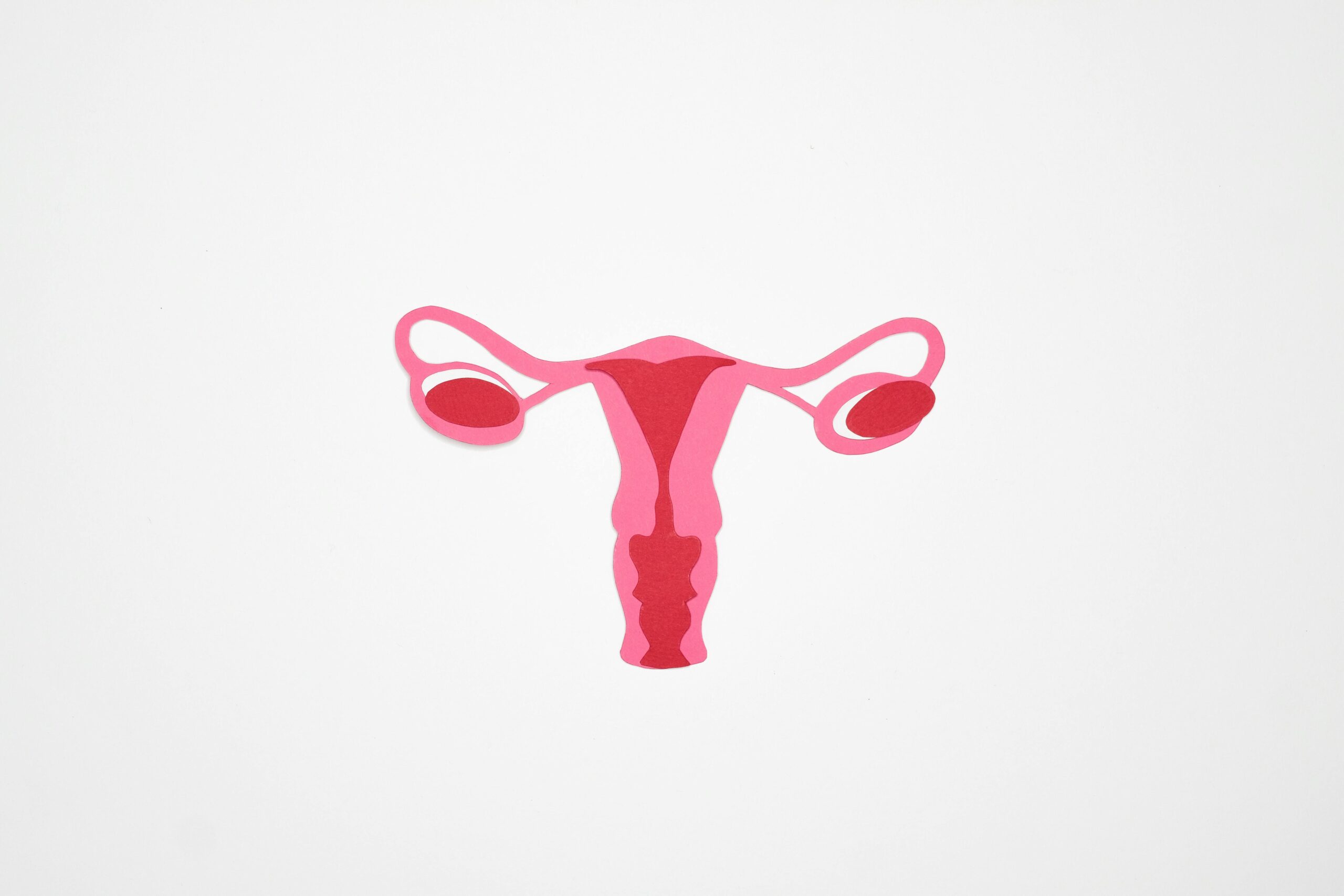
Did you know that your sleeping habits can actually impact your hormones? As the afternoon rolls around and evening approaches, cortisol (the stress hormone) is at its highest levels. Cortisol is an extremely important hormone in our bodies because it helps us to maintain balance during times of stress. Unfortunately, when we are exposed to stressful situations on a daily basis (which most Americans, unfortunately, experience), cortisol remains elevated for too long and causes hormonal imbalances like estrogen dominance and adrenal fatigue.
You probably already know that sleep deprivation can affect how we feel each day, but what you might not realize is that there’s more to it than just feeling tired. In fact, lack of sleep affects the levels of various hormones including testosterone, cortisol, growth hormone, estrogen, and progesterone. Here are the top reasons why you need to prioritize sleep:
Blue Light Exposure
Studies show that being exposed to blue light at night is one of the strongest disruptors to sleep. Exposure to blue wavelengths of light increases alertness, so it’s best to avoid them before heading off to bed. You know those electronic devices you can’t seem to put down? It might be a good idea for you to turn them all off before going to bed because the potential disruptions they cause are no joke. Your eyes aren’t good at blocking blue light so wearing blue light sunglasses can prevent blue light exposure and help you sleep a lot better. Blue light messes with your body’s ability to prepare for sleep because it blocks a hormone called melatonin that makes you sleepy. Blue light is emitted from our devices such as computers, tablets, and TV. This wavelength has been shown to suppress melatonin production in your body which is why you shouldn’t look directly into these devices before bedtime.
Sleep To Boost Your Metabolism
Studies have found that sleep deprivation increases cravings for junk food while simultaneously making it more difficult for the body to process glucose which means that you are putting your body at risk of developing diabetes or other blood sugar disorders. It also reduces insulin sensitivity which can lead to weight gain. To reduce stress levels: When sleep-deprived, stress hormones are elevated during times where they should be lowered (like after sunset). This results in disrupted cortisol
The Risk of Heart Disease
If you’re not getting enough sleep each night, your risk of having a heart attack goes up. Sleeping more than 8 hours a night has been shown to reduce the risk of heart disease. Getting enough sleep can also lower your blood pressure and prevent damage to your arteries.
Sleep and Your Mood
A lack of sleep puts you at risk for depression because it lowers serotonin levels, which is often called “the happiness hormone.” Not getting enough sleep can make you feel irritable and experience mood swings. In fact, researchers have studied individuals who were diagnosed with insomnia and they found that their cortisol levels remained higher throughout the day
Better Sex Drive
Try getting a little shuteye before your next big date night with your spouse. Studies have shown that men who get more than ten hours of sleep per night reported having a higher libido. Not only will you be in a better mood after some quality sleep but you’ll also feel motivated to exercise and eat healthier, two crucial components for attracting women. In addition, researchers have found that testosterone levels increase by over 30% following an eight-hour period of slumber compared to those who were deprived of sleep all night.
Good Sleep = Fewer Cravings
Your willpower may be exhausted by the end of a long workday, but don’t let that sway your better judgment! When researchers at Yale University’s School of Medicine studied how sleep can affect self-control, they found that participants who had five hours or less showed signs of decreased physical endurance and were more likely to give in to food cravings. Meanwhile, those who slept for seven to nine hours demonstrated enhanced cognitive functions. So next time you find yourself reaching into that office candy jar, get some shut-eye instead!
More Muscle Tone
While it’s true that getting enough sleep has significant benefits for muscles, did you know there can actually be changes in muscle mass depending on how much sleep an individual gets? Researchers at the University of Chicago found that subjects who got five hours or less of sleep per night had higher levels of cortisol, lower levels of growth hormone, and less lean muscle mass.
Loss of Fat
On the opposite end of the spectrum, getting too much sleep can also hinder weight loss efforts by increasing fat storage. Researchers at Harvard Medical School studied 14 men who slept for 8 1/2 hours each night for a week. They found that it significantly increased their bodies’ production of ghrelin, which is known to increase appetite when present in high concentrations in your body. Furthermore, study participants experienced decreased activity in an area of the brain responsible for suppressing hunger after eating when with those who were deprived of sleep.
There’s no shortage of health benefits when it comes to making sleep a priority. Better sex, fewer cravings, more muscle tone, and less fat are just the icing on the cake compared to some of the other great things sleep can do for your body like improved memory function. It’s time to prioritize shuteye in your life! And if you think you may be suffering from poor sleeping habits, talk to your doctor about it.

















